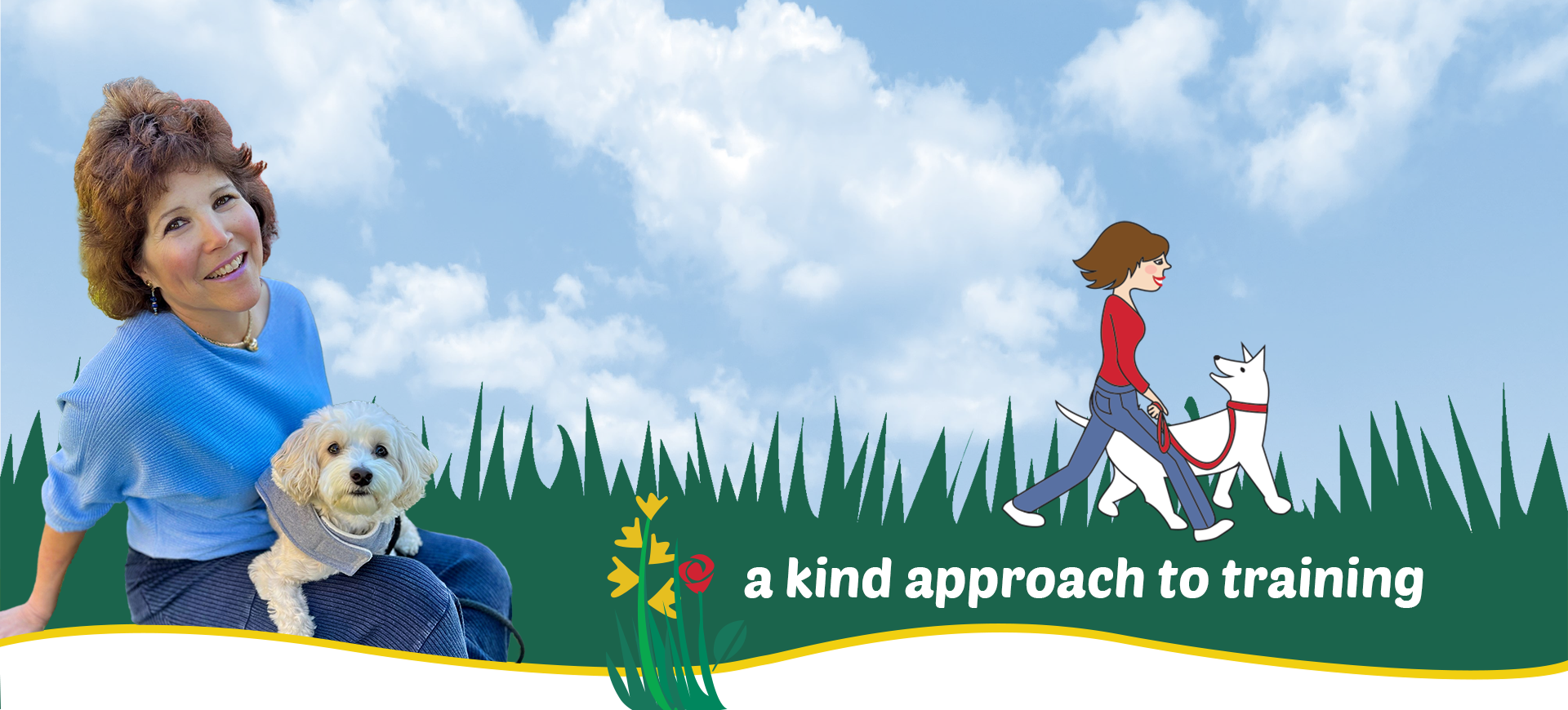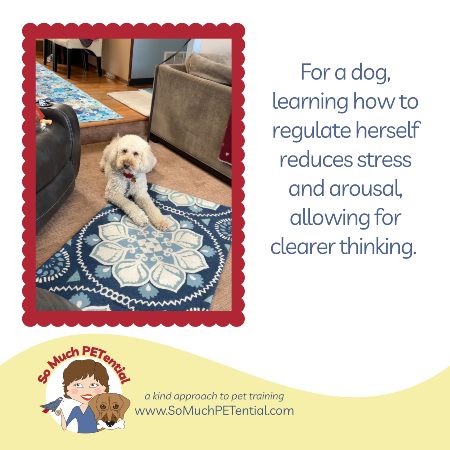I was asked the other day this question: “Does it matter if we refer to our pet by its species or its sex? Are “Good Dog!” and “Good Boy!” equal in esteeming and reinforcing good behavior?”
 I thought I’d write an answer to that, as it may be a question others have as well.
I thought I’d write an answer to that, as it may be a question others have as well.
I am assuming that person was using those words both to let her dog know she liked her dog’s behavior and also to add value to her dog’s behavior so that she would see more of it.
Let’s first look at the function in training of using words to acknowledge a behavior. We call this using a marker. A clicker or other sound (or even another non-verbal signal) can be used as well. Moment marking training is very effective because it involves giving the learner very precise information that what occurred *immediately* preceding the mark is exactly what the trainer is looking for. If you are shaping behavior (reinforcing small steps or approximations toward a final behavior), you may mark those tiny steps with a click or word kind of like you’d play the child’s hot and cold game. You may also click in teaching simple behaviors like when a dog sits or you may mark a behavior for other criteria such as duration. That precision matters because within just several seconds time, you could be inadvertently reinforcing a different behavior if your timing is off. You can say ‘Yes!’ or click much quicker than you can deliver a piece of food.
Good markers then are distinct and short sounds that provide the learner with very specific feedback that *at that moment* the behavior was awesome. Having said that, then using two or more words that take longer to say may not be as effective because by the time a trainer gets through ‘gooood boy’, the dog may be on to doing another behavior. Another point is that, I have seen handlers who repeat ‘good dog’ over and over again. In terms of training, that is not specific enough information for the learner.
To use markers effectively, they should be used ‘as’ the behavior is occurring. No other stimulus should be present until AFTER the click or verbal word (so no reaching for your food until after you click).
Now, as for whether words matter, I’ll say the same thing I told my clients who taught their dog to come with a cue of ‘Buckeye’. Whether we are talking about a cue occurring before the behavior or a marker occurring after the behavior, the word itself does not matter. It is all in how you teach it.
You can build value for words by pairing them with things or activities your pet values. Remember that it is the stimulus that occurs AFTER something that affects the emotional response of what occurs before. A click in and of itself does not have meaning; however, if you click and then give your dog a treat with many repetitions, over time, your dog will acquire the same type of reflexive response to the click as he with the treat.
So, in answer to that question, if I am training a specific behavior, I would not use either ‘good dog’ or ‘good boy’ but rather I would use either a clicker or a single syllable word like ‘yes’ and I would spend time teaching my student the value of the marker I am using.






